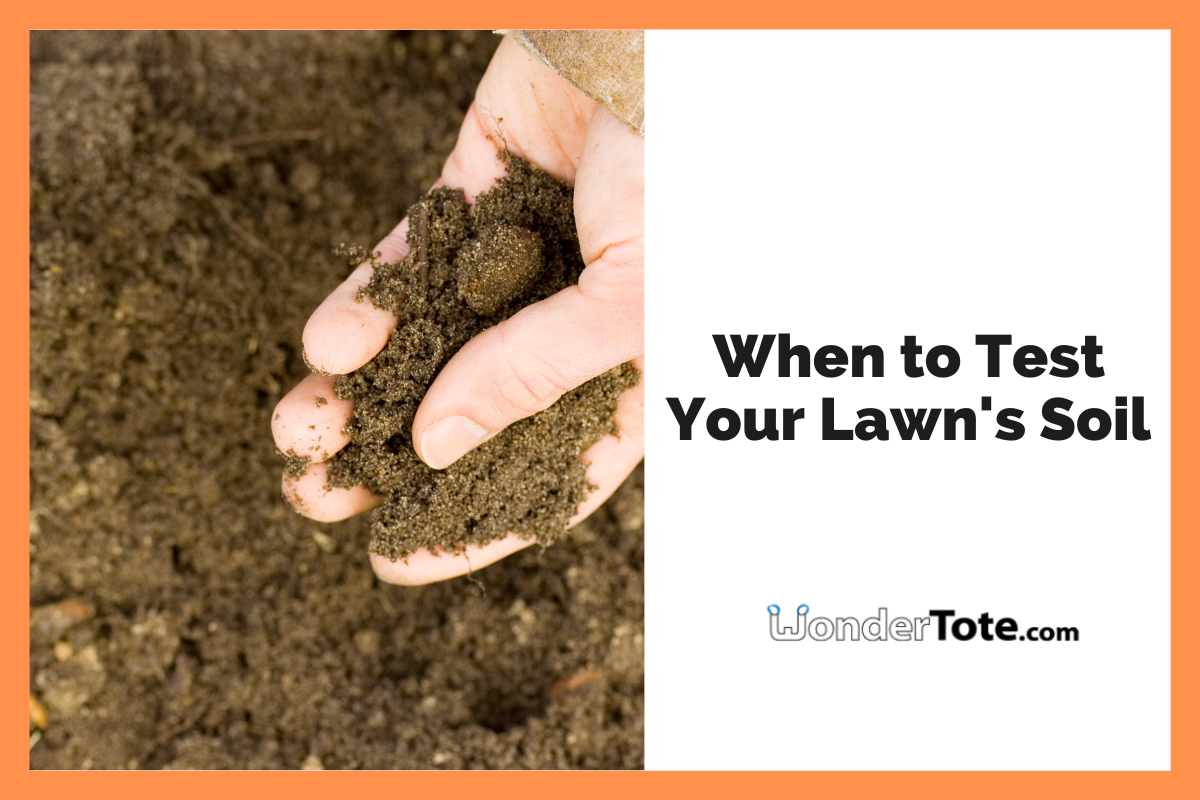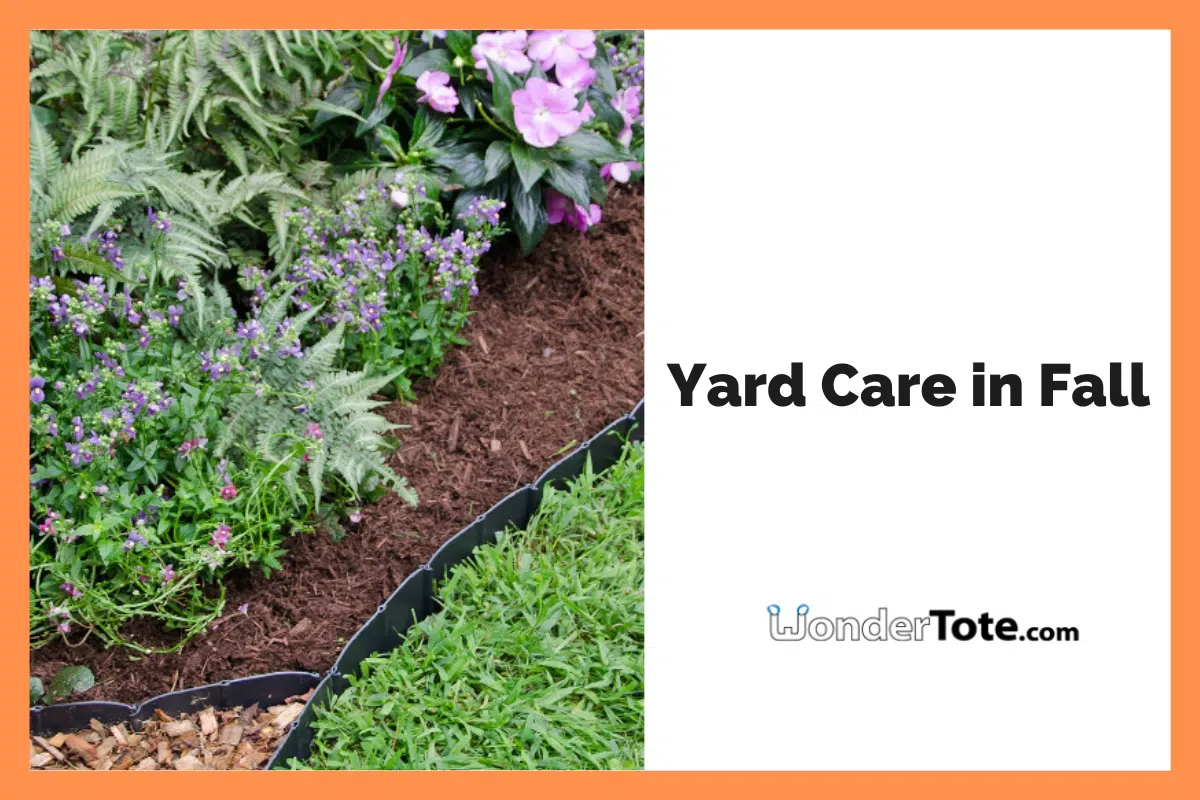Maintaining a lush, vibrant lawn requires more than regular watering and mowing. Your lawn’s health and vitality largely depend on the quality of the soil beneath it. As Calgary’s premier soil supplier, WonderTote understands the importance of soil health in achieving stunning outdoor landscapes. In this article, we’ll explore the signs that indicate it’s time to test your lawn soil and why this simple step is crucial for maintaining a thriving lawn.
1. Poor Grass Growth
Poor grass growth is one of the most noticeable signs that your lawn soil may need testing. If you notice thinning patches, uneven growth, or areas where grass struggles to thrive, it could indicate nutrient deficiencies or pH imbalances in the soil. Testing the soil can help identify specific nutrient deficiencies and guide you in making informed decisions about fertilization and soil amendment strategies.
2. Yellowing or Discolored Grass
Yellowing or discoloured grass blades can be a telltale sign of nutrient deficiencies or soil pH issues. For example, yellowing grass may indicate a lack of essential nutrients such as nitrogen or iron. At the same time, overly acidic or alkaline soil can cause discoloration and inhibit nutrient uptake by the grass. Soil testing provides valuable insights into the pH level and nutrient content of your lawn soil, allowing you to address imbalances and restore the health of your grass.
3. Excessive Weeds or Pest Problems
An abundance of weeds or persistent pest infestations can signal underlying issues with your lawn soil. Poor soil health weakens grass plants, making them more susceptible to weed invasions and pest attacks. You can identify nutrient deficiencies, pH imbalances, or other conditions contributing to weed growth and pest problems by testing the soil. Addressing these issues through targeted soil amendments can help improve the resilience of your lawn against weeds and pests.
4. Water Runoff or Soil Compaction
Water runoff and soil compaction are common issues that can compromise the health of your lawn. When soil becomes compacted, it restricts root growth and limits water and essential nutrients infiltration into the soil. Excessive water runoff, on the other hand, can lead to erosion and nutrient leaching, depriving your lawn of vital resources. Soil testing can help assess soil structure and composition, allowing you to implement aeration and soil conditioning strategies to improve drainage and alleviate compaction issues.
5. Previous Land Use or Environmental Factors
If your property has undergone previous land use, such as construction or landscaping projects, or if it’s located in an area with environmental challenges like pollution or heavy traffic, it’s advisable to test the soil regularly. These factors can impact soil quality and introduce contaminants or pollutants that affect the health of your lawn. Soil testing helps identify potential hazards and allows you to take proactive measures to mitigate their impact on your landscape.
6. Changes in Plant Health or Appearance
Pay attention to changes in the health or appearance of plants and vegetation in your landscape, not just the grass. Shrubs, trees, and garden plants can also exhibit symptoms of soil-related issues, such as stunted growth, leaf discoloration, or poor flowering. Comprehensive soil tests can provide valuable insights into overall soil health and help you create optimal growing conditions for all plant species in your landscape.
Quality Soil in Calgary
Testing your lawn soil is a proactive measure that can significantly impact the health and appearance of your landscape. Paying attention to the signs outlined in this article and investing in regular soil testing ensures your lawn receives the nutrients and care it needs to flourish year-round. Wondertote offers a soil amendment that is well-suited to Calgary’s environment. Of course, you can also find soil and garden mix if starting a project from scratch! All our garden products are delivered fast, in convenient-to-use totes!







